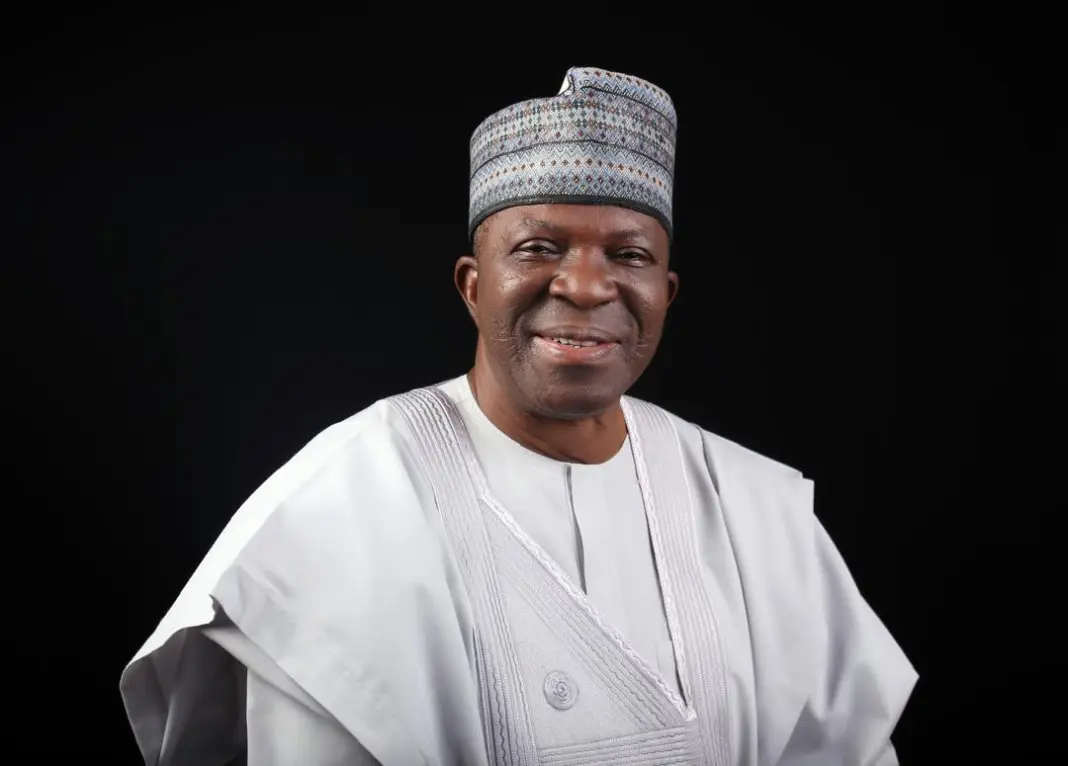ILO: Participants urge FG to apply convention resolutions
Joan Nwagwu
Some participants at the ongoing International Labour Conference (ILC) has called on Nigerian government to ratify resolutions reached at the various conferences.
Mr Olusoji Oluwole, National President of Association Senior Staff of Banks Insurance Financial Institutions (ASSBIFI) said this on Tuesday at the ongoing 113th Session of the ILC in Geneva, Switzerland.
Oluwole said that it was imperative that the Federal Government’s delegates, led by the Minister of Labour and Employment, Alhaji Mohammed Maigari, ensured that the resolutions reached were implemented to better the lives of workers.
According to him, Nigeria should not just attend as a country, but endeavor to ratify all the resolutions that have been reached at the conference.
“What we found is that you find conventions being done, the country being signatories, but those conventions are not being implemented back in the country.
“It very, very important, that if we spend so much time discussing, negotiating, and coming to these agreements. I think it is just right that Nigeria should go back and implement these things.
“So that we know that the time that has been spent here is not actually wasted,” he said.
On contract staff, Oluwole clarified that it was not just financial industries that was dominant on the issue in the labour markets in Nigeria among others.
He said that the former Minister of Labour and Employment. Sen. Chris Ngige, had came up with a document on how to deal with the issue of casualisation, basically working with the employers and the providers of the services.
“It was agreed that staff who comes in as contract workers would have a means of transiting to becoming core staff.
“We are also aware that a number of organisations have actually started implementing it,” he said.
Also, on artificial intelligence taking over the job of its members, Oluwole desired it as an enabler rather than a replacer.
According to him, what we found is that AI is more of an enabler rather than a replacer, where it can become a replacer, is a situation where the organisation or our members do not upskill.
“A number of people we know may not be so savvy in the area of AI auditisation and what we keep encouraging them to do is to go ahead to improve themselves educationally in that area.
“We also encourage organisations to train their stuff in, support them, provide some kind of subsidy, give them room to be able to educate themselves in that regard,” he said.
Also, Mr Charles Okere, President of Nigeria Union of Local Government Employees (NULGE), Imo State, advised the government not to renege on their commitment on resolutions reached.
The News Agency of Nigeria (NAN) reports that the conference started on June 2 and ends June 13.
The conference has representatives from government, employer and workers delegates from the ILO’s 187 member states.
It will address important world of work matters such as possible new international standards on the protection of workers against biological hazards in the working environment, decent work, among others.(NAN)(www.nannews.ng)
Edited by Ismail Abdulaziz






